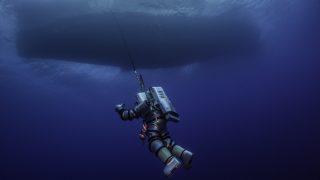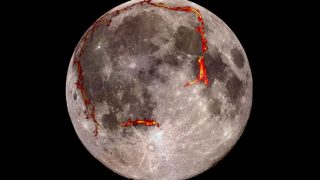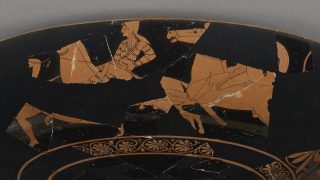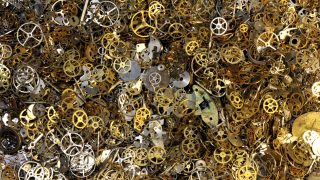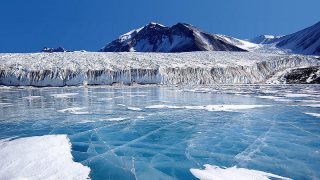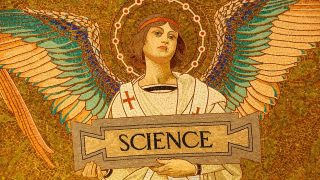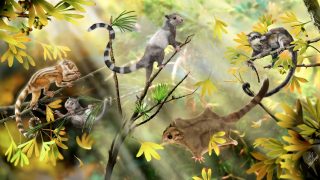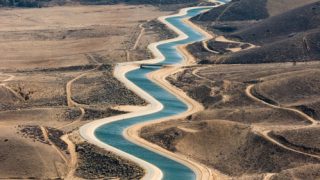
Markets for water
This is the English version of a section in Ferreira (2014) , a paper dedicated to overview the experiments in Industrial Organization, to appear in Revista de Economía Industrial, and is reproduced here with the permission of the journal. The great majority of water collection and distribution in the world rely on a central authority […]
